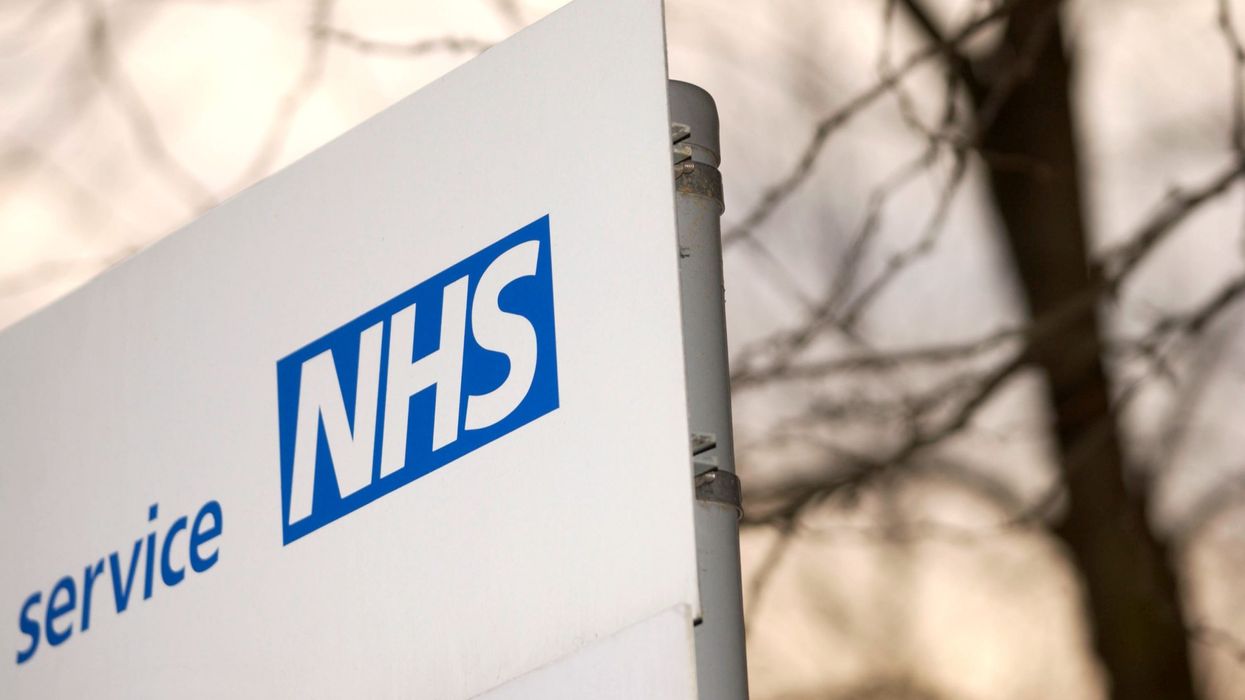Experts and public discuss future-proofing healthcare amidst alarming statistics and systemic challenges
"There is a lack of strategic thinking to address funding in pharmacy and get that right. We could get so much more capacity and reduce demand and bottlenecks in secondary care,” a pharmacist during a recent debate on Channel 4 said.
The NHS in Crisis hosted by Krishnan Guru-Murthy brought together a diverse audience of medical professionals and the public, who engaged in a heated discussion on the critical issues facing the NHS.
"A politician- free debate", Guru-Murthy introduced the "special" debate around the future of NHS post elections.
The panel was chaired by Matthew Taylor, Chief Executive of the NHS Confederation; Sarah Woolnough, Chief Executive - The King's Fund; Chaand Nagpaul, Former Chair of the British Medical Association (BMA); Dr. Adrian Boyle, President of the Royal College of Emergency Medicine, and Sarah Wollaston, a GP , Former MP and former NHS Devon.
They tackled pressing questions about the NHS's current funding model and the widespread challenges in hospital care, A&E, primary care, secondary care, nursing, and pharmacy.
The issue of NHS GP contracts being unfit for purpose and the crisis facing pharmacies was raised amongst several concerns that around maternity care, emergency care and the state of hospitals, and metal health.
According to the pharmacist who owns a group of pharmacies in North of England strategic thinking and "better funding for pharmacies could alleviate bottlenecks in secondary care."
“I am not a doctor. I am a pharmacist and we are having a crisis of our own,” he stated. “We see at least 1.6 million people every day, and everything we do impacts secondary care and primary care and vice versa," added emphasising the interconnectedness of pharmacy and primary and secondary care.
Another pharmacist echoed these concerns, stressing the importance of future-proofing community pharmacies to prevent serious health conditions from worsening.
She stated, “There have been a huge number of closures in community pharmacies."
"How are we going to ensure that we are able to future-proof ourselves so people can use primary care in the right way and not end up in a more serious condition?”
Demand Vs. Capacity
Chaand Nagpaul, former chair of the BMA, addressed these queries by highlighting the mismatch between demand and capacity.
He pointed out that general practice sees over 1 million patients daily, a number that has increased by 30 million in the past five years. “Ultimately, we have a mismatch between demand and capacity,” he explained.
“In general practice, we are seeing over 1 million patients on a daily basis. That has increased by 30 million in the last five years.
"About 1,800 equivalent full-time GPs are missing from the system, placing huge increasing demand every year," he stated.
"We do not have the capacity to provide the care, and that is why patients have difficulties accessing surgeries. We need an absolute commitment to increasing the number of GPs."
"There is a bizarre, illogical funding problem where some GPs are unable to get jobs because the government gives us money to pay nurses and physiotherapists but not the resources to employ the GPs,” he added.
The debate also circled around state of hospital care, and about increasing funding for the NHS to fix the front door and the backdoor of care.
Measured Hope
Despite the grim statistics and challenging discussions, the panel concluded at the end of the debate programme with a sense of cautious optimism.
"The problems we have are fixable. I was a junior doctor in the 1990s and we were having similar conversations about that and it is cyclical. But I am optimistic that we will be in a better state", Dr. Adrian Boyle said.
Former Chair of BMA said, Nagpaul said, "It is entirely possibly to fix the NHS but it requires political honesty and also de-politicization as well," whereas Sarah Woolnough, Chief Executive - The King's Fund cautioned that the current model need reform to make care better.
They expressed confidence that with the right strategies and commitment, the NHS could overcome its current crisis and continue to serve the public effectively in the long run.
Alarming NHS statistics
A recent report by the Health Foundation highlighted that over 302,000 patients have been waiting more than a year for treatment, with an average waiting time of 13.9 weeks as of April 2024.
Additionally, A&E performance stood at only 72.1 per cent of patients treated within four hours, and a staggering 439,411 patients experienced waits exceeding 12 hours due to system pressures.
The elective care waiting list for NHS England has ballooned to 7.6 million, underscoring the severe strain on the health service, which has struggled to meet standards since February 2016.












